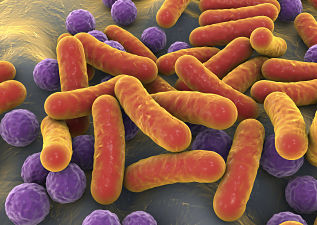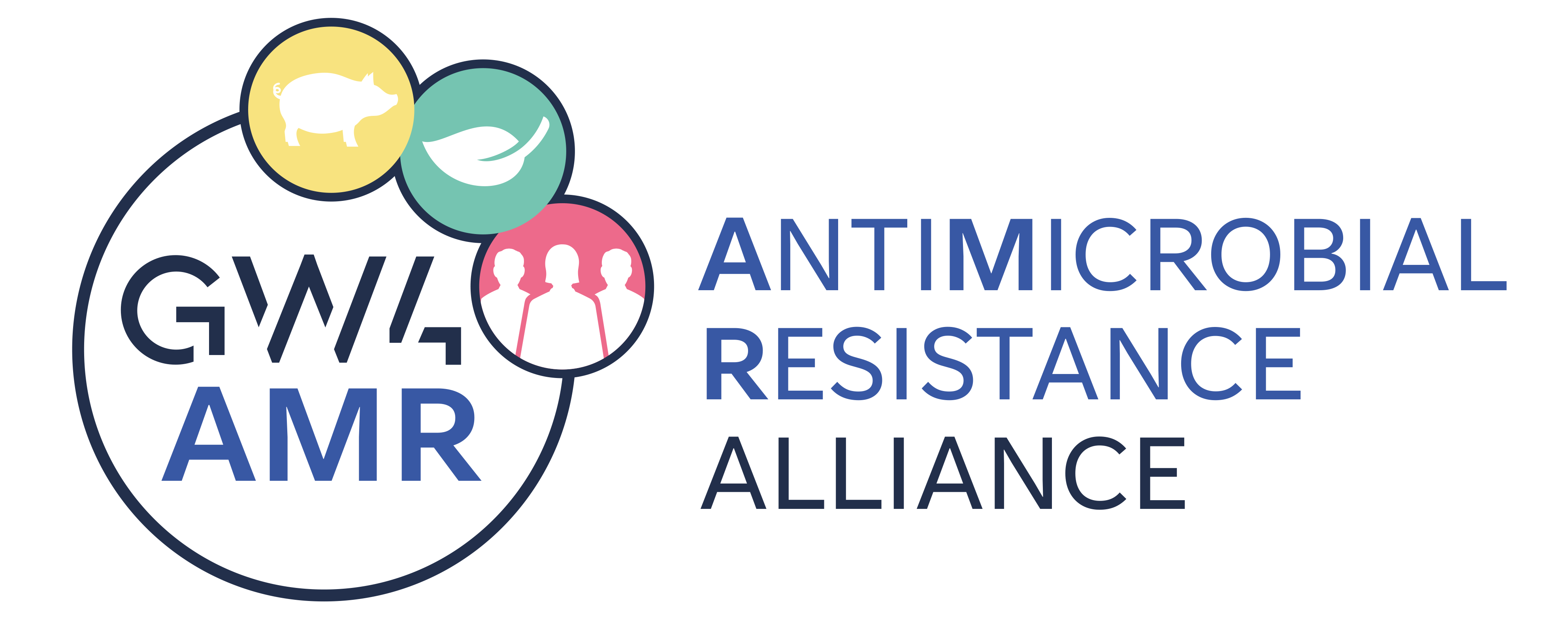Cross-Disciplinary RESEARCH Themes
The GW4 AMR Alliance is focusing on 4 cross-disciplinary AMR research themes:

One Health prevention and control of AMR in the urban environment
e.g. hospital, healthcare, social care, housing, agricultural or public transport settings; with vulnerable or impoverished people; in urban settings involving industrial waste, pollution and wastewater management; urban parks/farms where humans and animals meet or co-exist; digital health, joined up healthcare and AMR surveillance tools, technologies & systems; building design and other interventions (e.g. combatting biofilms on contact surfaces or novel antimicrobial materials/products) to help prevent the transmission of antimicrobial-resistant bacteria; messaging and communication in public health policy and education.

One Health prevention and control of AMR in natural and farmed environments
e.g. rural/natural environments; water systems and relationships with humans and animals; reservoirs of AMR and antibiotic residues; hydrological and hydrodynamic models; engineering and wastewater management to reduce transmission of resistant bacteria and resistance genes into human and animal populations (wildlife, livestock, fishes, and companion animals); impact of climate change (extreme weather events exacerbating AMR e.g. flood events, drought).

One Health prevention and control of AMR in food, crop and industrial processes
e.g. food security; plant pathogens and crop diseases; mitigating the impact of climate change on crop diseases an crop failure; AMR improving the efficacy, specificity, delivery and combinations and/or repurposing plant protection agents; reducing AMR bacteria in the food chain and industrial production systems; social drivers; policy development and interventions to prevent AMR disrupting food supplies particularly in respect to climate change

One Health prevention and control of AMR in respiratory co-infections, complex polymicrobial communities and microbiomes under pressure
e.g. microbial (bacterial/fungal/viral) co-infections (e.g cystic fibrosis, biofilms) – understanding and improving the detection/diagnosis and treatment of mixed infections; improving the efficacy, specificity, delivery and combinations and/or repurposing of drugs; complex polymicrobial communities (human, animal and environment) re. evolution and drivers of AMR; vaccine development and new drug targets; social drivers of microbial community composition and changes in microbiomes/risk of AMR

